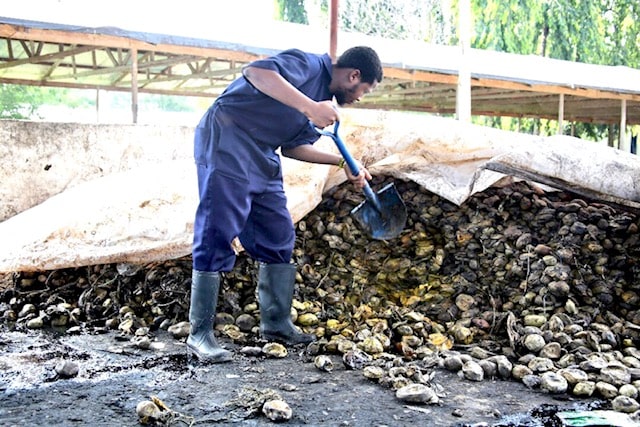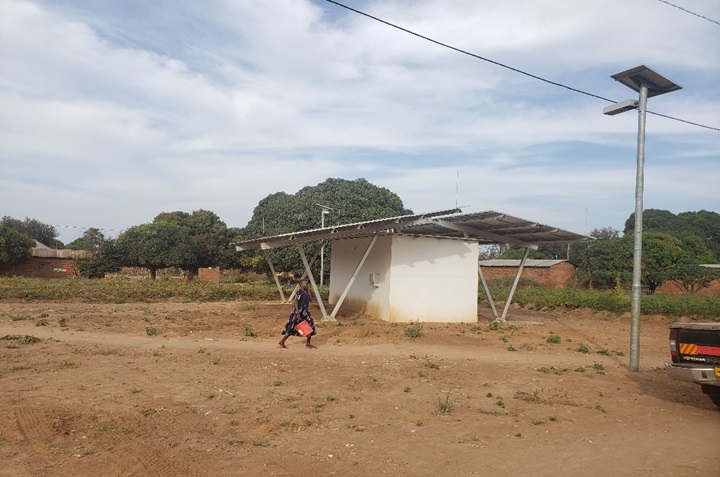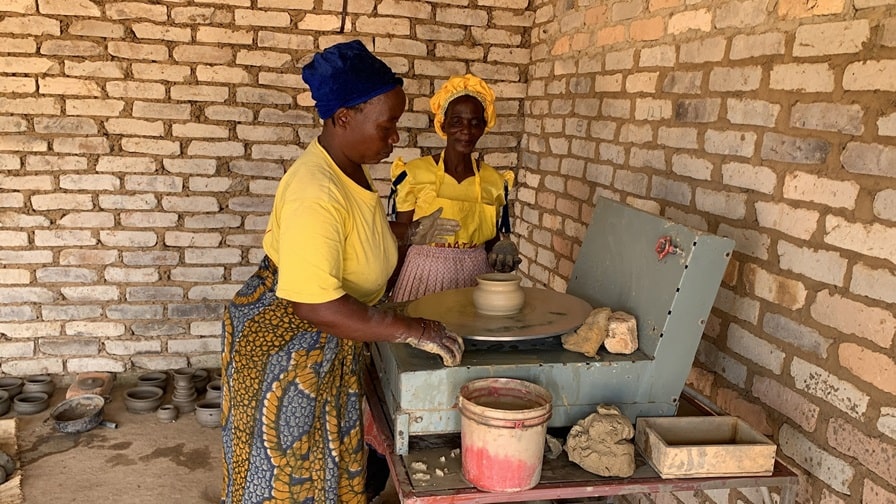Dar es Salaam. Food waste has the potential to be useful in producing renewable energy, experts say, as they emphasise raising awareness and investing in utilising the waste.
According to the International Institute of Tropical Agriculture (IITA), food loss is globally estimated to be between 30 and 40 percent. In Tanzania, food loss is about 25 percent, which occurs during postharvest, while 15 percent is lost during storage, often caused by insect damage.
“It’s unfortunate that many people are unaware of the various ways in which food waste can be repurposed.
Our goal is to educate people on these possibilities and encourage them to take action,” said the executive director of the Elico Foundation, a local renewable energy and circular economy organisation dedicated to accelerating the use of clean energy in rural and urban areas, Mr Sisty Basil.
He said food waste could be used for energy creation, employment opportunities, and even the making of clean agricultural fertiliser.
The organisation is exploring locally viable circular economy opportunities, leveraging the principles of recycling and resource recovery to create more sustainable and equitable jobs. According to the United Nations, approximately one-third of all the food produced worldwide, worth about $1 trillion, is lost or wasted each year.
According to an environmental scientist, Ms Mediatrice George, discarded food waste has an impact on water bodies and other living things.
“When food waste is not properly discarded, birds can carry and drop it in water tanks, wells, and other water sources. This can lead to diseases due to the consumption of contaminated water,” said Ms. George.
She said if food is not discarded well, rodents, roaches, and other unwanted pests could find shelter.
According to the chief executive officer of Ichi Energies, a renewable energy company in Tanzania, the food that remains at home can be used to make biogas using simple technology.
“Waste is only waste if it has no use,” said the site manager of Chanzi Limited, Mr Nicko Nyamanga, adding that there is use in almost everything thrown away.
The experts advocate adopting responsible practices at every level of the food supply chain and making conscious choices in our daily lives to reduce food waste.






